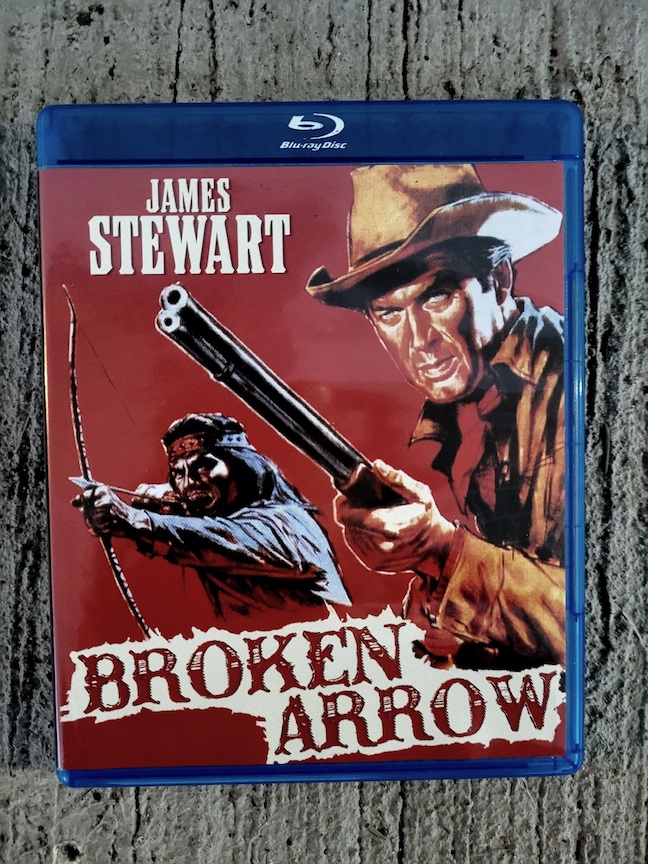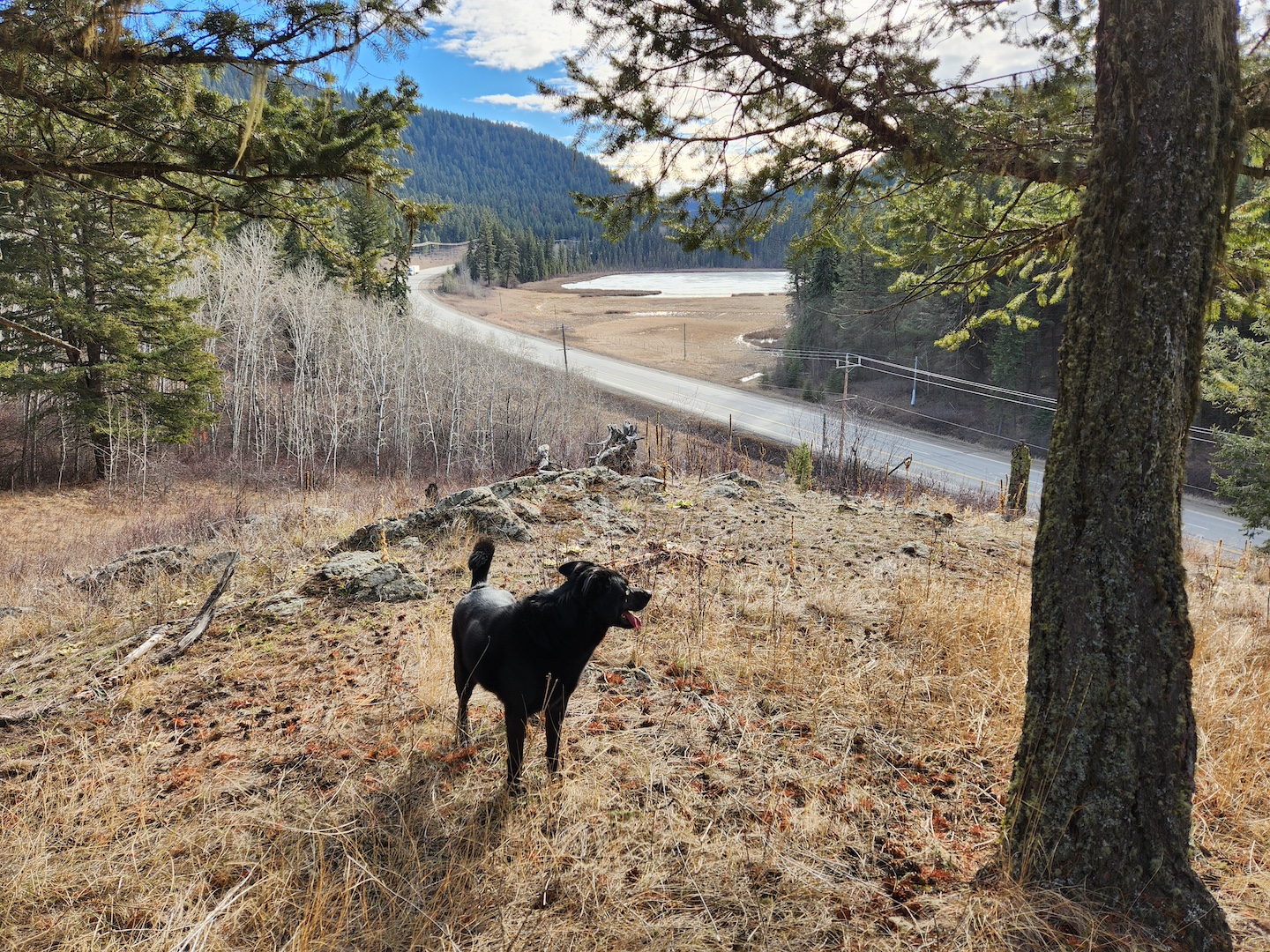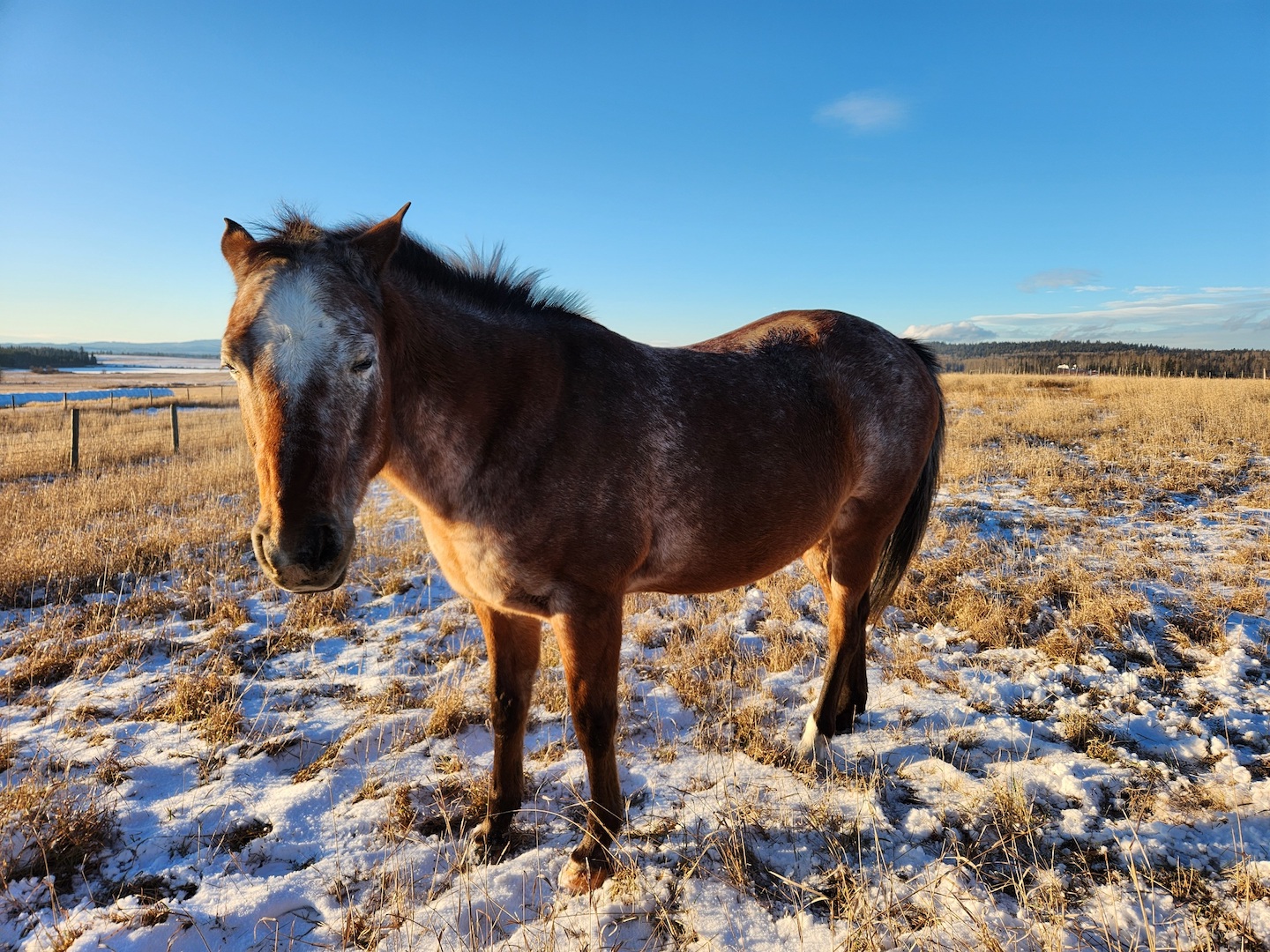Starring: James Stewart, Jeff Chandler, Debra Paget
Director: Delmer Daves
Released: 1950
Mood: If you love ’50s Westerns but you don’t love the same old Native stereotypes and you wish you could find a movie that delivers on that classic Western vibe but is less of a racist old man on a porch telling the story.
I can’t remember the last time I saw a movie as enjoyable AND solidly ahead of its time as Broken Arrow.
It’s frequently hailed as the first major post-WWII Western to attempt a balanced portrayal of Native Americans – that’s why I bought it. But for over a year now that beautifully restored Blu-ray has sat on my shelf unwrapped, because I was pretty sure that the reviews were wrong and it would suck.
I was dead wrong! This is a smart, riveting story unlike all the overtly racist Westerns of its time, and not to be missed.
I’m not saying Broken Arrow is a perfect NON-racist Western. This was 1950, so the main Indigenous characters are almost entirely played by white people, including the swarthy Jewish-American Jeff Chandler as Cochise and Debra Paget wearing extremely dark foundation as Sonseeahray. The exception is Canadian actor Jay Silverheels as Geronimo.
But I’m a firm believer in critiquing a film’s wokeness (or lack thereof) by holding it up to the works and attitudes of its own time. I mean, this was three years before Disney dropped the wildly popular and terribly racist Peter Pan, and Broken Arrow’s over here risking it all to tell a story that challenges stereotypes.
- It openly criticizes broken treaties, genocide, and racism
- The white guy isn’t some big white saviour– he frequently acknowledges his ignorance of Native customs, and although he earns Cochise’s trust, he isn’t shown as stronger than any Apache warrior or as rescuing the Apache people
- Right away the narrator says that many conversations were held in Apache, and are merely being retold in English – so keeping that in mind turns the Apache characters’ dialogue into approximate translations rather than the usual stilted English, and allows the viewer to see Jeffords’ progression from speaking minimal Apache to learning the language
Even if you aren’t seeking a Western with a significantly healthier POV, Broken Arrow is also just a really great f*cking movie.

Broken Arrow takes place around 1870. It’s loosely based on the true story of Tom Jeffords (James Stewart) and Apache chief Cochise, and how they worked together to end a decade-long war between their people.
- Although it’s more faithful to the facts than many Westerns (ahem, American Outlaws), there was no love story in Jeffords’ real life and everything else is pretty heavily dramatized. Plus, the facts themselves are hazy. If you read the Wikipedia posts for Jeffords and Cochise, even those are inconsistent (Cochise’s makes their friendship sound super-serious, but Jeffords’ makes them out to be mere acquaintances).
In this version, Jeffords finds a badly wounded young Apache and spends a few days healing him, so he is spared when a group of Cochise’s warriors arrive. Meanwhile, Tucson is hard up from Apache attacks on everything and everyone coming in and out of town.
Jeffords is sick of the general attitude toward the Apache people, so he decides to go out and try to meet with Cochise. The two begin to trust each other. When General Howard (Basil Ruysdael) arrives in Tucson wanting to negotiate a peace treaty, he naturally asks Jeffords to help.
- Also read up on General Howard. He did a LOT of work for Black rights in the South after the Civil War, but his open mind for some reason didn’t seem to include Native American people.
Meanwhile, Jeffords has fallen in love with young Apache maiden Sonseeahray. But of course he can’t just be happy because a group of angry white people have to spoil the party.
![]()
James Stewart crushes it in Broken Arrow. He’s so earnest and serious, you can’t help but believe in him. I feel like if you were acting in a scene with him, you’d think he really was the character. He’s equally at ease on horseback and in a saloon fist fight, and you can see how he went on to become a Western movie icon.
And yet, this is the SECOND f*cking time that I’ve watched him in a Western and been like, “wow, that guy’s monologues are so dramatic and powerful, reminds me of that dramatic guy in Mr. Smith Goes to Washington,” only to Google it and find out AGAIN that Stewart was Mr. Smith. I don’t know why that fact won’t stick in my brain.
Jeff Chandler received a best supporting actor Oscar nomination for his portrayal of Cochise. Part of me thinks that’s gross, with him not being Indigenous. But I also have to recognize the respect and heart he put into the role.
He gives you a strong, thoughtful leader with many layers, which probably shocked the hell out of ‘50s audiences who were used to “chiefs” just whooping and scalping and grunting. Chandler would have been able to channel his own experiences with anti-semitism into the part.
And what can I say about Debra Paget? She’s wide-eyed and sweet, and that’s really all the character called for. Broken Arrow wasn’t trying to advance women, after all; one hill at a time.
Some of her lines are pretty cheesy and her scenes with Jeffords are the reason I can’t give Broken Arrow a perfect score, but the dialogue isn’t her fault. Sonseeahray is also quite young (Paget was only 15 when they filmed), so I’ll allow that they were maybe going for naïvety. Paget’s just not earning a place among my Best Women in Westerns.
![]()
Broken Arrow has everything you want in a Western – big punches, fast horses, ambushes, and shootouts. I mean, it’s James F*cking Stewart. You know it’s gonna be good.
The cinematography is fantastic. It was probably actually mind-blowing for its time, and it holds up – it earned an Oscar nom in this category, too. From the vigorous chases to the intimate closeups, everything is done so well that the only reminder that you exist outside the film is when the score does a distinctly ‘50s romantic swell.
White people playing Native characters, or any non-white characters, IS a huge recurring problem in Westerns. And I totally get if you can’t get past the casting (and brownface) in Broken Arrow.
I’m a white person, so it’s likely that’s why I was able to focus on what I perceive as major positives. We can only do our best with the tools available to us, and I think it was an impressive move to produce this story – and from a blacklisted screenwriter – in 1949.
Fox Studios also hired Indigenous folklorist and author Rosebud Yellow Rose to give radio interviews promoting the film, and debunking myths and stereotypes about Native Americans.
I give it an ‘A’ for effort, and I highly recommend getting your hands on the restored Blu-ray because holy crap, is it ever gorgeous.
And by the way – if you love the story of Peter Pan and want to read an awesome non-racist series of prequels, check out Peter and the Starcatchers. The Mollusk tribe are SO BADASS. Disney has been trying to make a movie of it since like 2012 and I’m still over here waiting.


